PaySwarm is the worlds first open, Universal Payment Standard for the Web. It makes payment a core part of the Web's infrastructure.
PaySwarm enables people that create digital content such as blog posts, music, film, episodic content, photos, virtual goods, and documents to distribute their creations through their website and receive payment directly from their fans and customers. If you have a passion for creating things on the Web, or would like to support people doing great things - PaySwarm is for you.
The platform is an open web standard that enables Web browsers and Web devices to perform Universal Web Payment. PaySwarm fixes the problems with rewarding people on the web - it reduces and nearly eliminates transactional friction. It ensures that the people that you want to support are automatically rewarded for their hard work.
Via
Sepp Hasslberger






 Your new post is loading...
Your new post is loading...
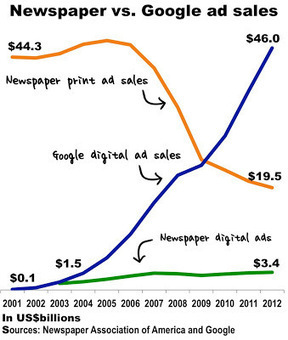


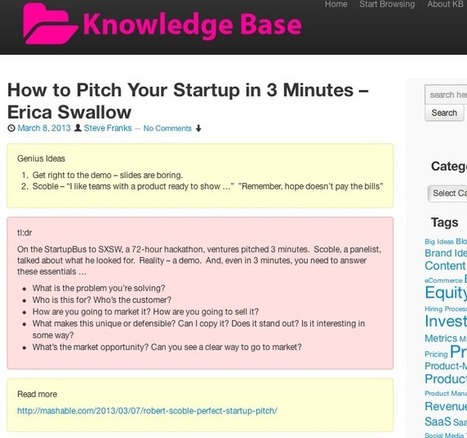








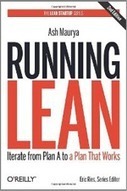






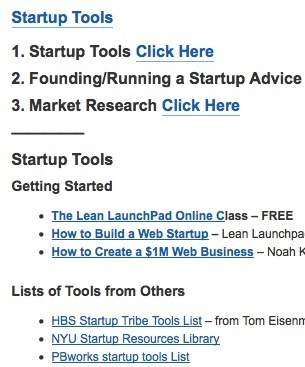


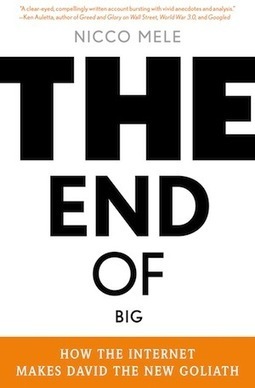



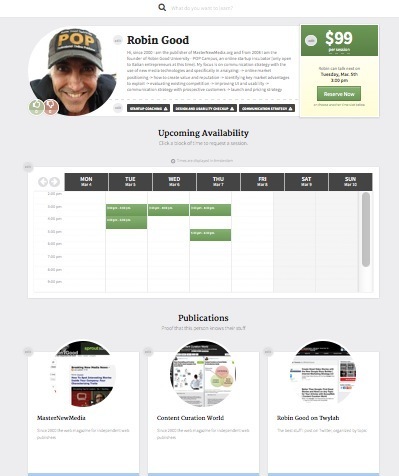





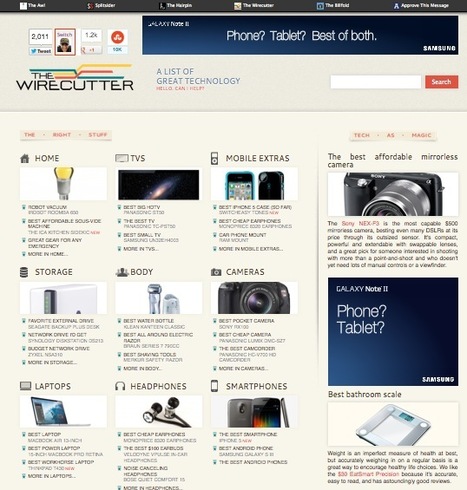


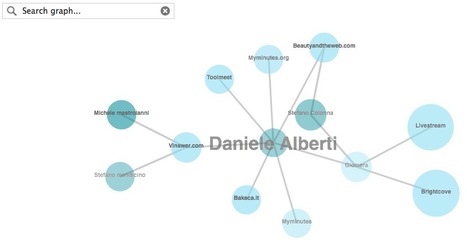










From the original article by Mathew Ingram on Paidcontent.org: "...ad revenue falling off a cliff about a decade ago, hitting a brief plateau in the mid-2000s and then free-falling over the next several years.
...The speed with which billions of dollars in advertising revenue simply evaporated over the past decade is incredible.
...Of course, all of that advertising revenue didn’t simply disappear overnight. So where did it go if it wasn’t going to newspapers? It went online, naturally — and the second chart shows the biggest beneficiary of that exodus: namely, Google."
Intruiguing hypothesis and data correlation. Must read. 8/10
*lots of interesting comments too
Ful article: http://paidcontent.org/2013/04/11/two-charts-that-tell-you-everything-you-need-to-know-about-the-future-of-newspapers/